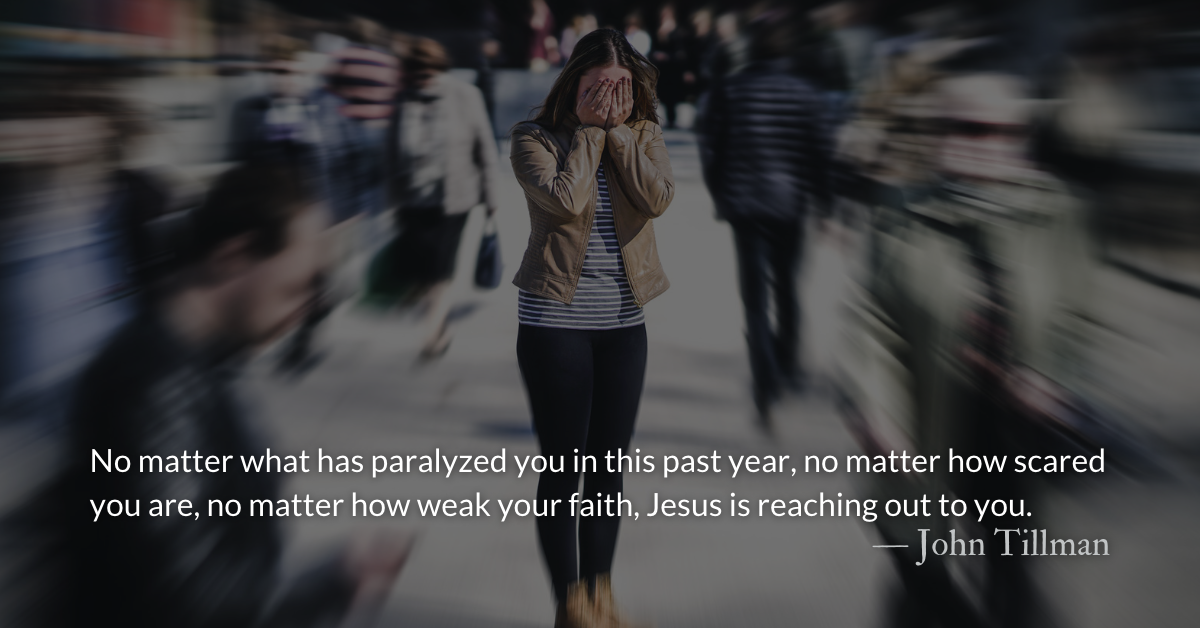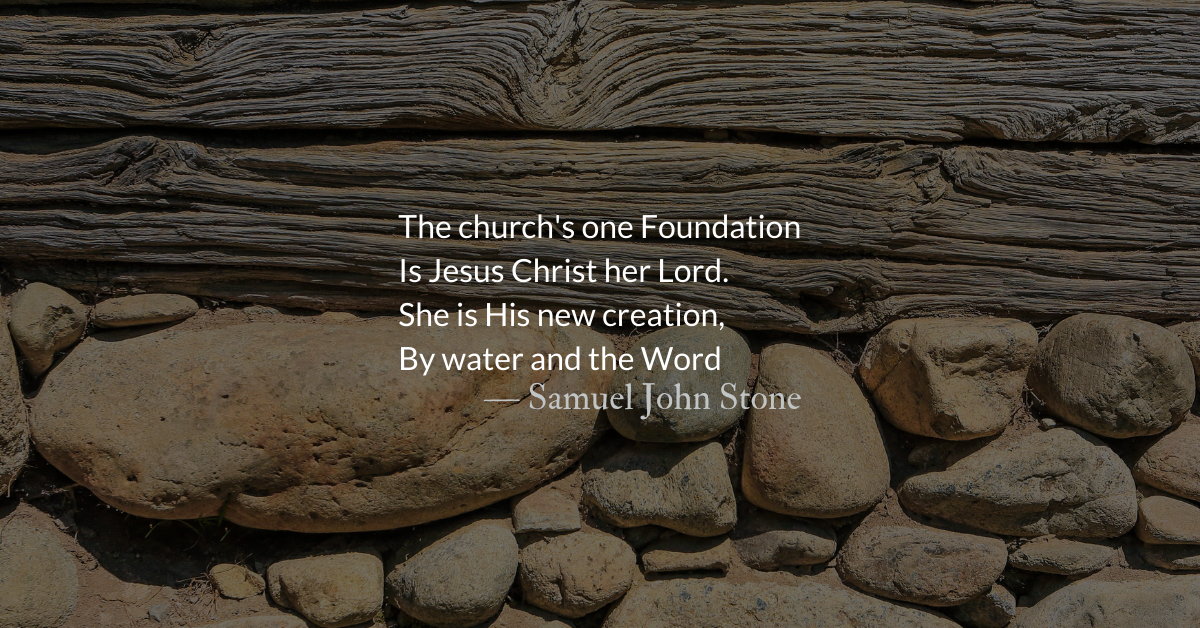Scripture Focus: John 5.2-11 (HCSB)
2 By the Sheep Gate in Jerusalem there is a pool, called Bethesda in Hebrew, which has five colonnades. 3 Within these lay a large number of the sick—blind, lame, and paralyzed [—waiting for the moving of the water, 4 because an angel would go down into the pool from time to time and stir up the water. Then the first one who got in after the water was stirred up recovered from whatever ailment he had].
5 One man was there who had been sick for 38 years. 6 When Jesus saw him lying there and knew he had already been there a long time, He said to him, “Do you want to get well?”
7 “Sir,” the sick man answered, “I don’t have a man to put me into the pool when the water is stirred up, but while I’m coming, someone goes down ahead of me.”
8 “Get up,” Jesus told him, “pick up your mat and walk!” 9 Instantly the man got well, picked up his mat, and started to walk.
Now that day was the Sabbath, 10 so the Jews said to the man who had been healed, “This is the Sabbath! It’s illegal for you to pick up your mat.”
11 He replied, “The man who made me well told me, ‘Pick up your mat and walk.’”
From John on textual additions: The earliest manuscripts of John’s gospel do not have verse four and the last part of verse three. Those like me, who grew up with the KJV or NKJV, might wonder what happened to it. Using passages like this as “evidence,” some spread panic, claiming that mysterious forces are cutting verses from the Bible, but there’s no mystery about it, and nothing is cut or missing.
You’ll find verse four in the NIV, NASB, and ESV footnotes. The Holman Christian Standard Version puts it in brackets […]. (See the NIV and HCSV side-by-side here: John 5.3-6) The footnotes clarify that the oldest manuscripts don’t have these words. Modern scholars haven’t deleted words from scripture—ancient scholars added them. Modern scholars have only noted the changes.
The scribes who made this addition must have realized that John’s original audience already knew about the purported healing properties of the pool, but others would not. Neither the inserted background info nor modern scholars’ decision to note the change is nefarious. The Bible is proven more reliable and trustworthy when scholarship advances in this way, especially in the New Testament documents. Instead of being panicked, we can be more secure in the translations we have today than ever.
Reflection: The Waiting Man
By John Tillman
The scribes’ textual addition in verses three and four tells us that an angel stirred the waters, imbuing them with temporary and limited healing power. Only one person quick enough to react in a competitive race for healing could access this power. For 38 years, over and over, the waiting man lost this race.
Some, including myself, have questioned or doubted the man’s commitment or faith. When he said no one helped him and others beat him into the pool, was he making excuses or just facing facts? Was he lazy? Was he complacent? Even Jesus asked, “Do you want to get well?”
This man saw others healed. He saw them walk away on strengthened legs, seeing with formerly blind eyes, and praising God with formerly mute mouths. Of course, he believed. Of course he had faith. Imagine the faith a person with paralyzed legs needed to throw one’s body into a pool. If healing did not instantly occur, one risked drowning. Perhaps the man experienced a scare like this during his 38-year wait. Perhaps he was tired of trying, but he kept showing up—waiting and watching for 38 years.
What have you waited for and watched for? What blessings have you prayed for that landed in others’ laps? Can’t we relate to how bitterness and doubt would creep into this man’s heart? Jesus is patient with the man, healing him even though he doesn’t seem to know how to ask and barely seemed grateful.
What pools have you been waiting around that never seem to be stirred? Are you growing complacent or bitter? Are you ready to give up? Is your heart paralyzed instead of your legs?
Instead of throwing ourselves into pitiless pools that may or may not heal us, we can throw ourselves into the willing and waiting arms of Jesus. Jesus is also a man who waits and he is ready and waiting for us to turn to him.
Instead of stirring the water, Jesus stirred up the man himself and the ripples and waves spread through the city. I pray that Jesus will stir up your heart and mine, un-paralyze us and send us into our cities.
This year, I pray that Jesus would come to you and me and whisper, “Do you want to get well?”
Divine Hours Prayer: The Refrain for the Morning Lessons
I sought the Lord, and he answered me and delivered me out of all my terror. — Psalm 34.4
– From The Divine Hours: Prayers for Summertime by Phyllis Tickle.
Today’s Readings
Job 5 (Listen 2:29)
John 5 (Listen 5:42)
This Weekend’s Readings
Job 6 (Listen 2:56) John 6 (Listen 8:27)
Job 7 (Listen 2:23) John 7 (Listen 5:53)
Read more about Supporting Our Work
Our ad-free content isn’t free to write or produce. Donate to help bring free biblical devotionals to inboxes across the world.
Read The Bible With Us
Our reading plan’s sustainable, two-year pace lets you take time for moments of reflection. Walk through the Bible with us.
https://mailchi.mp/theparkforum/m-f-daily-email-devotional











